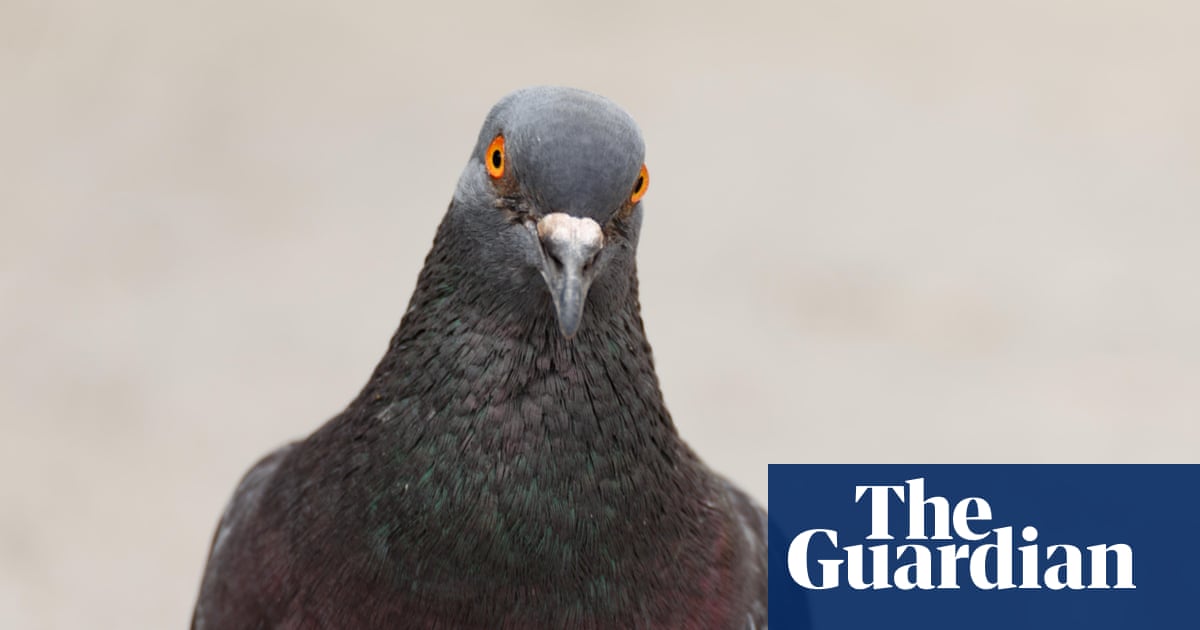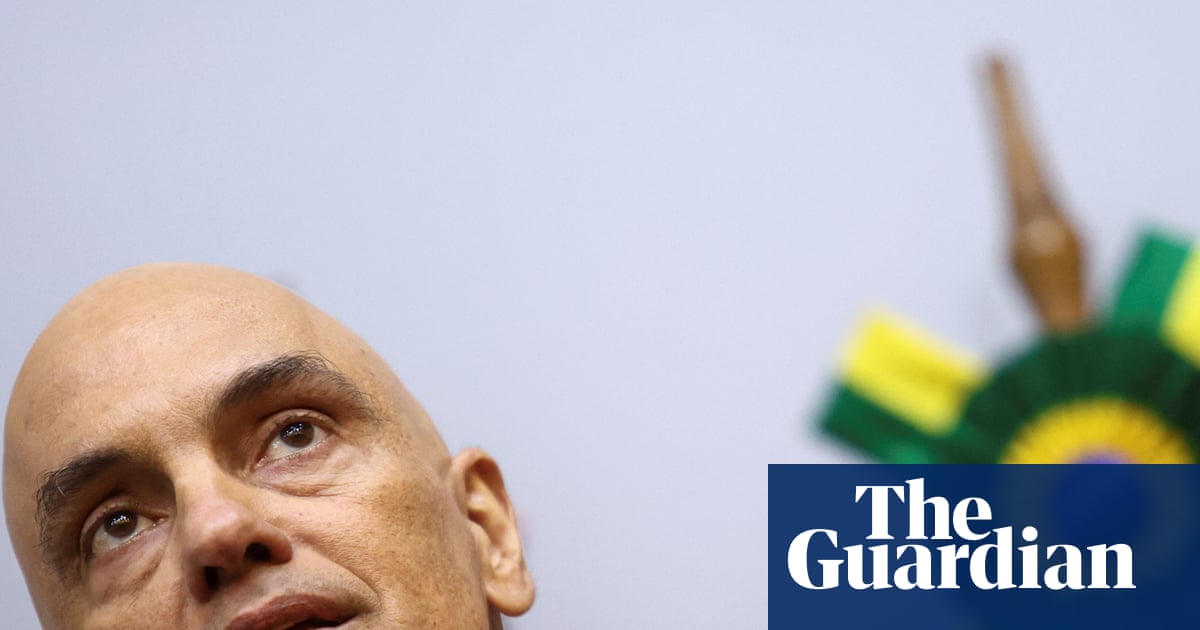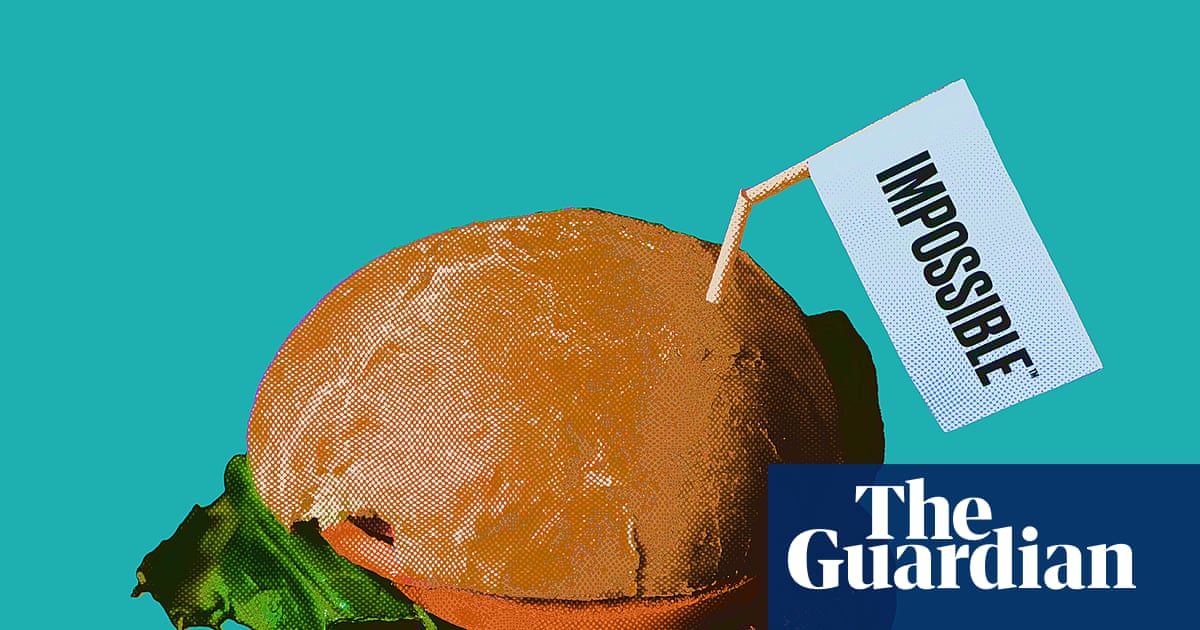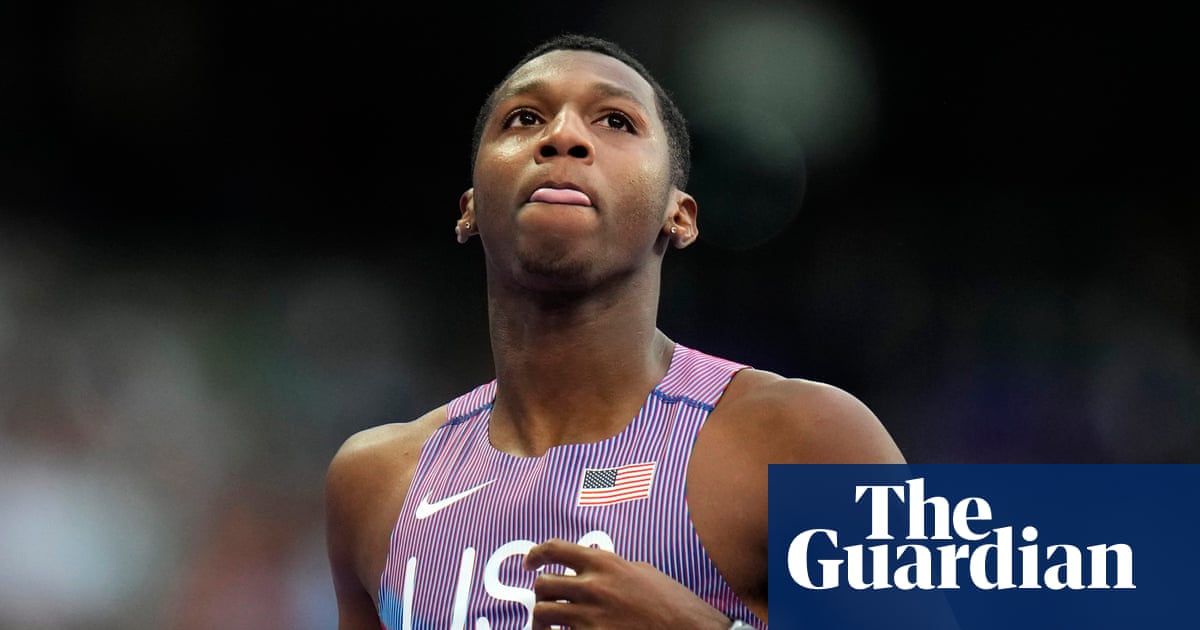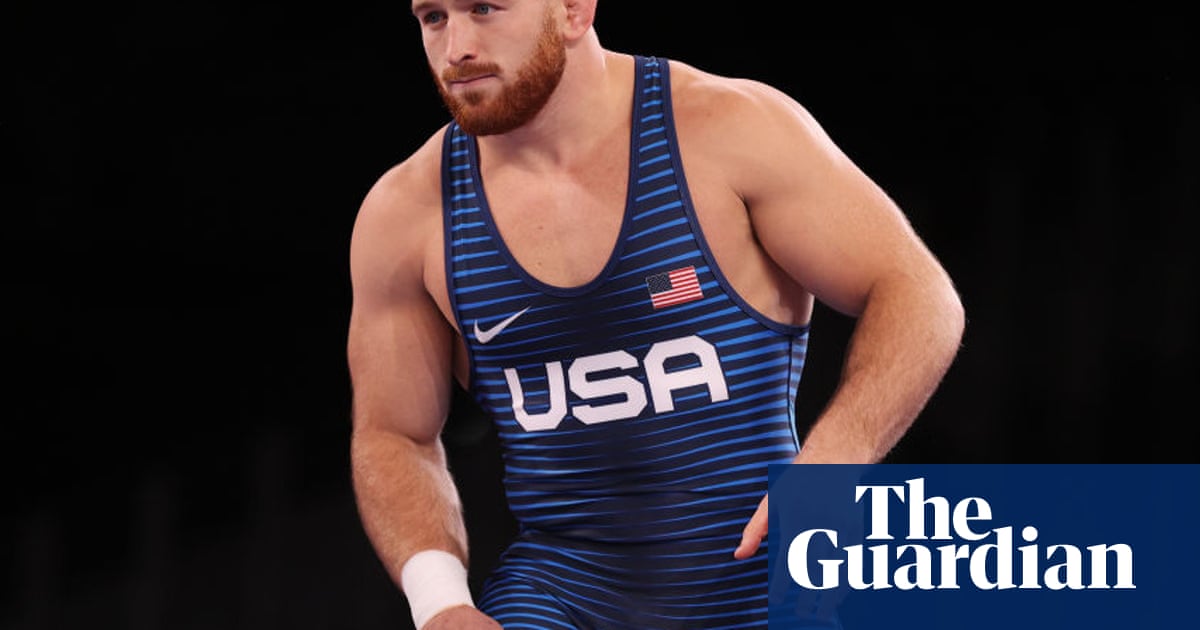I’ve never met a golfer in real life. I’ve always assumed I’m the wrong demographic – perhaps in terms of age, or class or at least tax bracket – or perhaps my lack of athleticism is so aggressive that it has prevented me from becoming friends with anyone with even the mildest sporting proclivity for all my life. Instead, I have essentially taken Mark Twain’s word for it that golf is a good walk spoiled, and gone about my days.
Now, however, I think golf may be the spoiler of a good new comedy drama. Stick, it’s called – a deadening name – and it stars Owen Wilson as washed-up golf pro Pryce Cahill. He had a televised meltdown during a tournament at the peak of his career (“He triple-bogeyed his entire life”) and is now reduced to selling golf kit, giving lessons to rich old ladies and hustling for cash in bars. He is also going through a divorce, and still living in the former marital home that his wife Amber-Linn (Judy Greer) – with whom he is still on good terms, bound as they are by a shared sorrow – now wants them to sell.
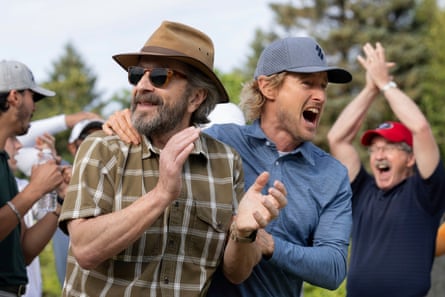
When our hero (undeniably charming and eminently watchable, given Wilson’s talents, which are always more subtle than you remember) comes across a teenager, Santi (Peter Dager, a lovely mix of adolescent cockiness, fragility and insubordination), sneaking into the club to hit shots every day, Pryce realises Santi is a prodigy and that he may be able to make something of him. And – who knows? – maybe something of himself again at the same time.
All Pryce has to do is persuade Santi’s mother Elena (Mariana Treviño) to let him take Santi on a road trip to half a dozen tournaments so he might qualify for the US amateur championships, and talk his best friend and hustle partner Mitts (Marc Maron) into driving the RV. Elena demands $100,000 and she’s coming with them, while Mitts gives in without requiring payment. Pryce agrees to let Amber-Linn buy him out of the house for the required sum and, after a few minor hiccups, we are off to the races – or at least the golf tournaments.
It’s not really about the golf, of course, any more than Ted Lasso – whose success Apple is clearly trying to replicate here – was about football. Santi has been emotionally damaged by his now absent father, and Pryce has his triple-bogeyed life to remake. Through the magic of sporting metaphors, gradually improving communications skills and the transformation of the motley crew (to whom is added a sacked young bartender called Zero, played by Lilli Kay) into a loving found family, there is every sign that wounds will be healed and fame and fortune secured for all.
All you need, really, is to take Pryce’s “Grossweiner” story to heart: all you can control is your swing, in the moment. Do your best then and there. What happens to the ball after that is out of your hands. But this is the kind of thing I am most allergic to, because what happens to the ball after that is entirely the product of what you have achieved up to then – just like in life, and the exact opposite of the lesson Pryce is purportedly teaching. Go stand in a bunker and think about things again.
Look, Stick is fine. It’s a pleasant, feelgood half hour every time. It never outstays its welcome, everyone puts in a solid performance and Wilson brings every ounce of energy he has to every scene he’s in. But nothing takes off, never mind soars. Ted Lasso had jokes while Stick trades in mildly humorous lines. Ted had the American versus British, fish-out-of-water thing going on; Stick lacks that secondary motor. And Ted had football. Stick has golf. One of which sports has familiarity, arouses widespread passion in the real world and is inherently televisual. The other, no matter how much you do with drones and other inventive shots, has none of these advantages. It’s another drag on a vehicle that isn’t quite as streamlined as it should be in the first place.

 3 months ago
44
3 months ago
44







